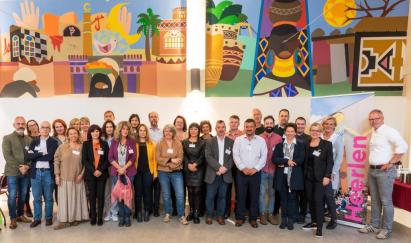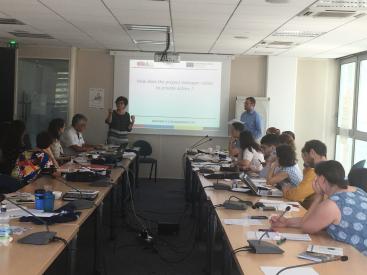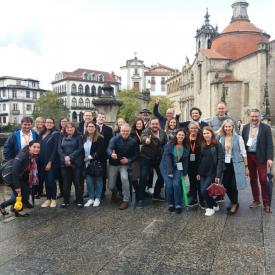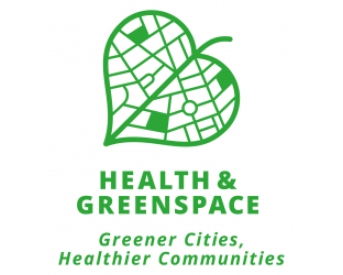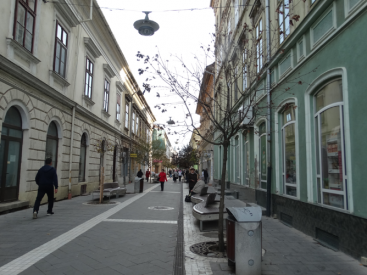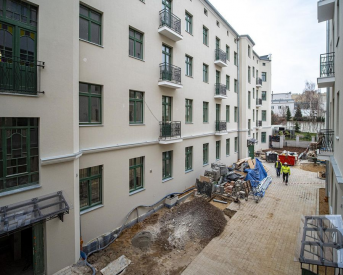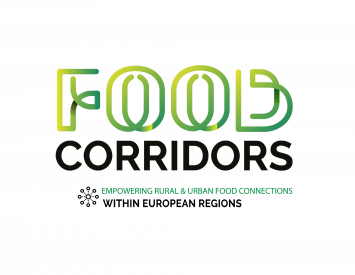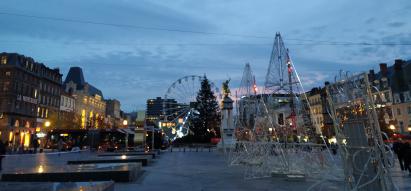Small cities finding their economic niches in a competitive world
Can small cities with populations below 100 000, including large towns between 10 000 and 50 000, compete with their larger counterparts for talent and investment?
Are there examples and good practices among partners, and from small cities across Europe, that will inspire new initiatives, which could be examined and explored in the iPlace Project?
All cities compete and collaborate. The URBACT Programme has developed proven methods for cities to work together in well-designed efficient projects to create mechanisms for analysing, learning and planning actions that will initiate integrated and sustainable urban development. Following from their kick-off summit meeting, the partner cities in the iPlace Project are confident that the potential exists for partners to learn and develop new pathways, especially if those pathways include exercises in re-imagining historical sectors that were the mainstays of their local economies in previous eras.

